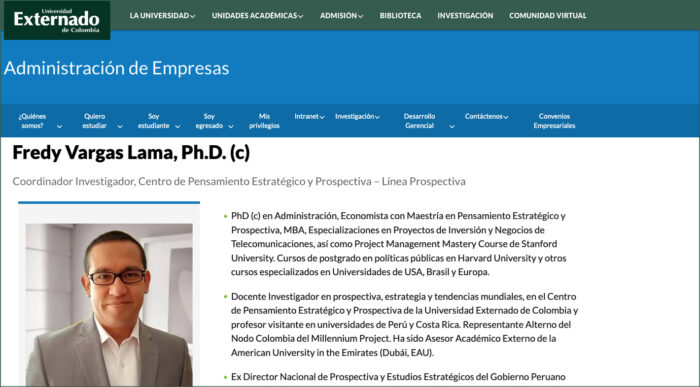The Rise of the Information Age: The American Model, Michel Catinat
Although new information and communication technologies have been developing for a while, Michel Catinat argues that the rise of the post-industrial society has been especially striking through the nineties. This decade has seen the birth of the National Information Infrastructure (NII) programs initiated by the Clinton administration to stimulate development of the information society. These have re-established American hegemony in building the infrastructure and in the use of the new technology.
Catinat describes the policies followed by the United States since 1993, examines its goals and methods, evaluates its successes and failures, and concludes with its lessons for Europe. The NII policies, which have ramified with remarkable extent and diversity, are based on three instruments: 1) an important effort in financing and enhancement of research (multi-disciplinary consortia which link research institutes with industry); 2) the informatisation of government administrative functions; and 3) the adaptation of the regulatory and legislative framework to make it more conformable to administration via numeric data (entailing some negative effects on the protection of private life).
This internal activity has been extended to the international level (the “Global Information Infrastructure) by promoting the information society via international negotiations which came out to benefit primarily American interests.
Having analyzed the successes and the failures of this ambitious policy, Catinat reviews what Europe could learn: the first lesson is the utility of having a long term vision to guide action.
Then, to implement the vision, a set of determined and cohesive policies. These exist in Europe, but are more effective in the United States because of greater participation by private actors in the marketplace and a more developed attitude toward risk-taking.
Catinat also underscores the risk that the promoters of this technology post to the legislative and regulatory processes. This is already apparent in the United States and could portend an unwillingness of dominant American interests to submit to the kinds of international protocols which Catinat believes to be indispensable.
Entrer dans la société de l'information. L'enseignement américain
Cet article fait partie de la revue Futuribles n° 242, mai 1999


